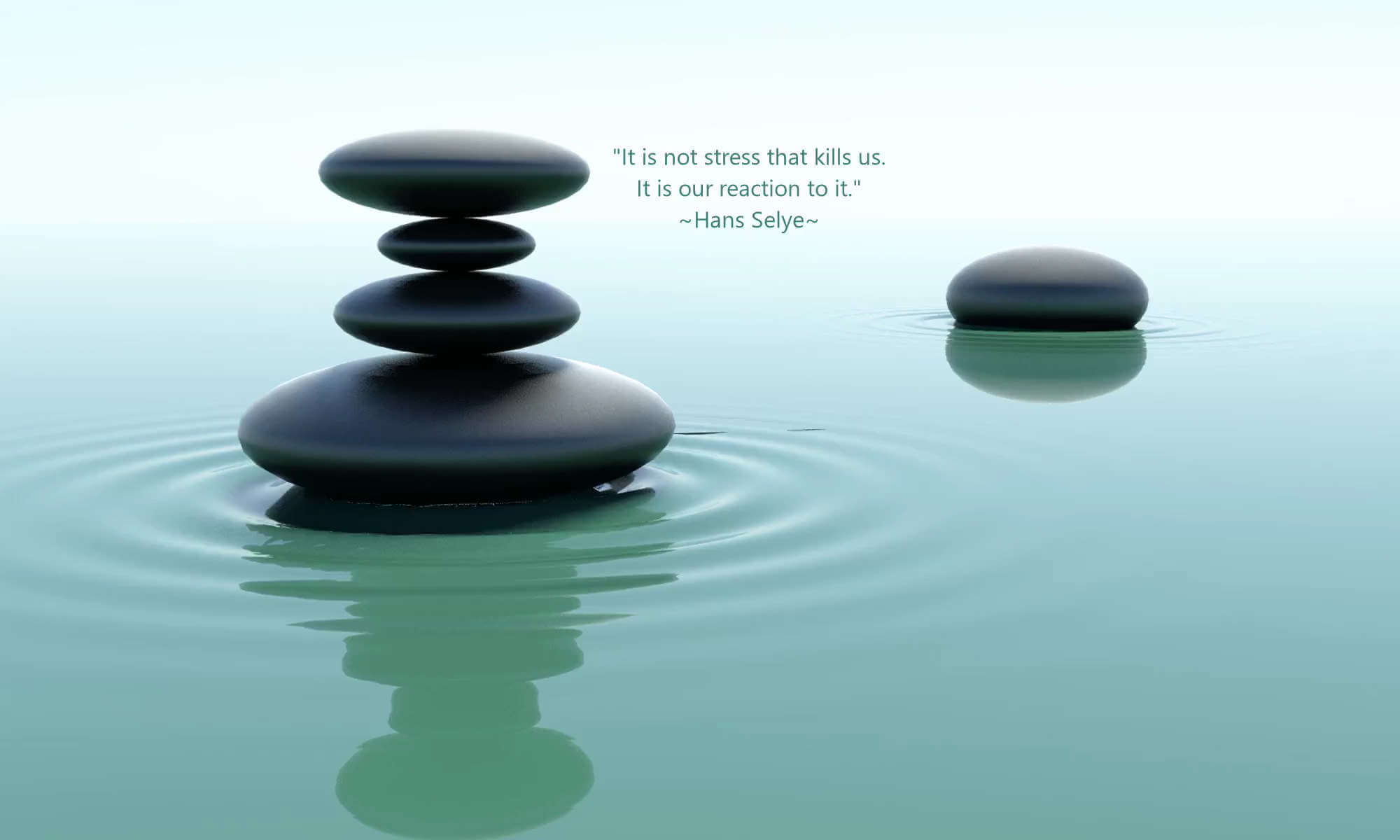We are in strange and uncharted waters which are the type of circumstances that can trigger heightened anxiety in anyone, especially people with pre-existing anxiety disorders. It is a time of rapid change and not everyone can cope well with change, resulting in high levels of distress. If you, or someone you care about, is struggling to manage their anxiety, then here are some tips to help:
- Slow deep breathing. This is vital if your threat system has been activated and you need to reverse the physiological changes that have occurred (eg. heart racing, can’t think straight, nausea, shaky) and bring your problem-solving brain back on board.
- Ground yourself in the present moment. What can you see, hear, taste, smell, and feel? Usually there is no imminent threat and we need our problem-solving brain switched on, not our threat brain, so grounding ourselves in the moment can help tell the threat brain to stand down.
- Have constructive problem-solving time where you sit down with a notebook and work through your worries and problems you need to solve. I have uploaded my Problem Solving Worksheet on my website https://www.livewellnow.com.au/resources-downloads/ which can be a useful tool for de-escalating worry.
- Connect with others. Even though we may not be able to see some people in person we are fortunate that technology provides us with many ways to communicate such as phone, texting, video calls and more. Talk through your fears with a friend or family member.
- Make a plan. Work out how you (and your family/flat mates) are going to deal with this crisis. This could include guidelines about hygiene, what is considered essential, who is going to do what in and out of the house, routines and structure for each day, how are you going to manage contact with extended family and friends. Write the plan down and hang it on your fridge. It helps to take control of what you can.
- Focus on one day at a time. Jumping ahead too much can result in lots of “what if” and “worst case scenario” thinking which is often worse than what you are currently experiencing.Stay in the present.
- Exercise regularly. Go for a walk or find an online exercise routine you can do at home. I have continued my routine of walking my dog in the mornings and when you are outside passing people and being mindful of the environment you can easily forget for a while that anything has changed.
- Create a “Coronavirus Things To Do” list. Create a list of things you would like to achieve during this time as most people now have more time at home than usual. Maybe you have always wanted to bake more, or start a craft project, or clean out some cupboards, or learn some new card games or, read more, or watch certain movies, or do some study online, but didn’t have time. Now’s your chance!
- Keep a journal of your thoughts, feelings and experiences. We are living through what will become a significant historical event. You, or future generations, may want to look back on how you survived it and it will help you process your thoughts and feelings.
- Practice gratitude. Be grateful for the things/people you do have in your life and focus on that, rather than what has now changed or been lost.
- Meditate. There are many apps to help you learn to mindfulness and meditation. Smiling Mind is an excellent free Australian app with lots of different programs for different purposes and age groups. Try and be mindful and present focused in your daily tasks. A mindful shower is so much more enjoyable and relaxing than one where you are lost in your head.
Some other helpful resources
- The Australian Psychological Society has put together various information and tip sheets for coping with coronavirus anxiety and managing your mental health. https://www.psychology.org.au/COVID-19-Australians
- https://covidhelp.com.au/ Site with tips on companies that are hiring, freebies, other useful survival links
- Department of Health Coronavirus Health Information Line. Ph:1800 020 080. Call this line if you are seeking information on novel coronavirus. The line operates 24 hours a day, seven days a week.
- Department of Health COVID-19 Resources https://www.health.gov.au/resources/collections/novel-coronavirus-2019-ncov-resources
- Department of Health COVID-19 Health alerts. Includes latest updates and alerts, and a symptom checker tool for assistance on deciding whether you need to get medical help or get tested https://www.health.gov.au/news/health-alerts/novel-coronavirus-2019-ncov-health-alert
